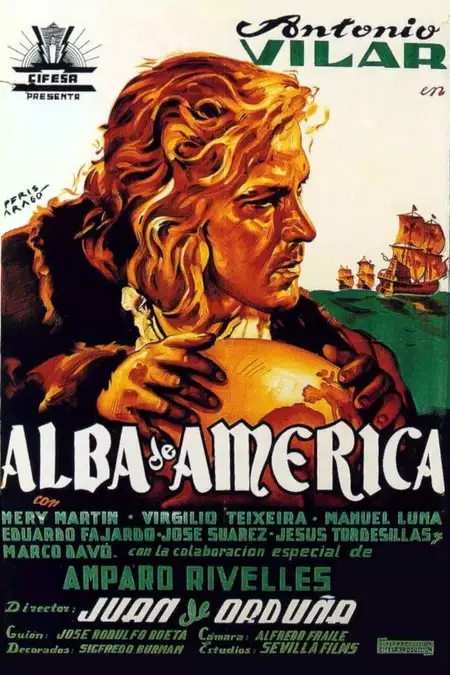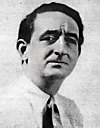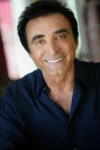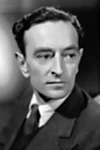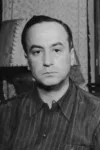The Greatest Story Ever Told (1965)
April 9, 1965Release Date
The Greatest Story Ever Told (1965)
April 9, 1965Release Date
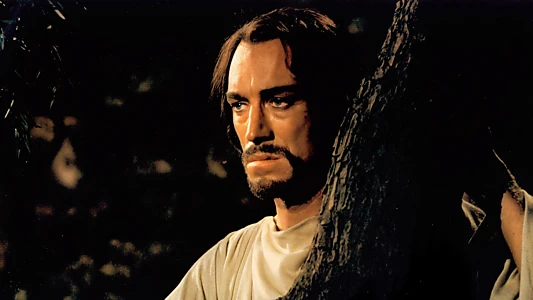
Plot.
Where to Watch.
 Rent
Rent Rent
Rent Rent
Rent Rent
Rent Ads
Ads Subs
Subs Free
Free Subs
Subs Ads
Ads Subs
Subs Rent
Rent Ads
Ads Ads
Ads Ads
Ads Free
Free Free
FreeCurrently The Greatest Story Ever Told is available for streaming online, rent, buy or watch for free on: Apple TV, Google Play Movies, Amazon Video, YouTube, Tubi TV, Amazon Prime Video with Ads, Hoopla, Amazon Prime Video, Amazon Prime Video Free with Ads, Philo, Fandango At Home, The Roku Channel, Pluto TV, Xumo Play, Kanopy, Fawesome
Streaming in:🇺🇸 United States

Cast & Crew.
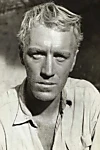
Max von Sydow
Jesus
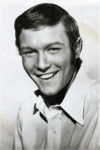
Michael Anderson Jr.
James the Younger
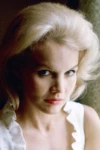
Carroll Baker
Veronica
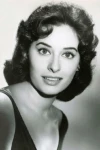
Ina Balin
Martha of Bethany
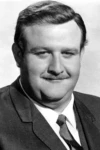
Victor Buono
Sorak
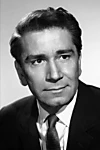
Richard Conte
Barabbas

Joanna Dunham
Mary Magdalene
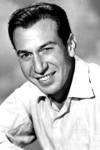
José Ferrer
Herod Antipas
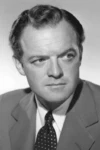
Van Heflin
Bar Amand
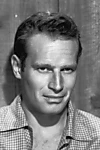
Charlton Heston
John the Baptist
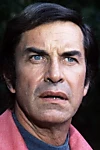
Martin Landau
Caiaphas
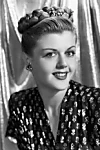
Angela Lansbury
Claudia
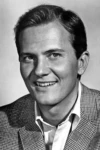
Pat Boone
Angel at the Tomb

Henry Denker
Writer

Janet Margolin
Mary of Bethany
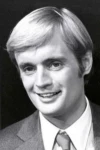
David McCallum
Judas Iskarioth
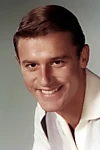
Roddy McDowall
Matthew
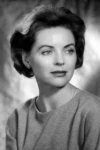
Dorothy McGuire
The Virgin Mary
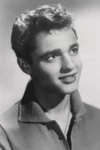
Sal Mineo
Uriah
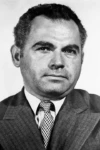
Nehemiah Persoff
Shemiah
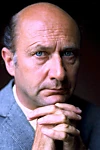
Donald Pleasence
The Dark Hermit - Satan
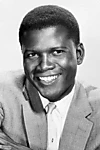
Sidney Poitier
Simon of Cyrene
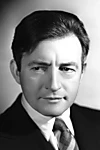
Claude Rains
King Herod
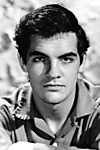
Gary Raymond
Simon Peter
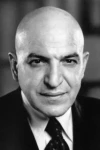
Telly Savalas
Pontius Pilate
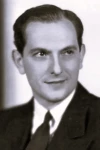
Joseph Schildkraut
Nicodemus
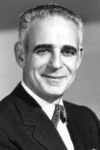
Paul Stewart
Questor
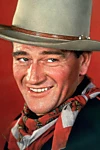
John Wayne
Centurion at crucifixion
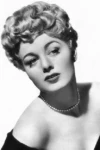
Shelley Winters
Woman who is healed
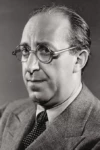
Ed Wynn
Old Aram
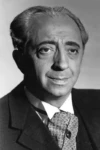
John Abbott
Aben
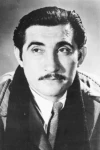
Rodolfo Acosta
Captain of lancers
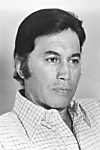
Michael Ansara
Herod's commander
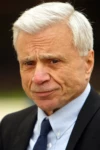
Robert Blake
Simon the Zealot

Burt Brinckerhoff
Andrew

Robert Busch
Emissary
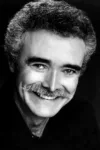
John Considine
John
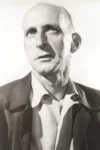
Philip Coolidge
Chuza
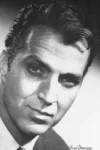
John Crawford
Alexander
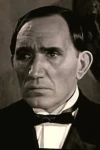
Frank De Kova
The tormentor
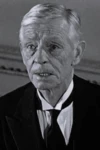
Cyril Delevanti
Melchior
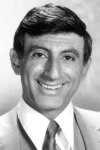
Jamie Farr
Thaddaeus
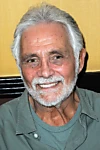
David Hedison
Philip
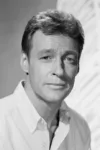
Russell Johnson
Scribe
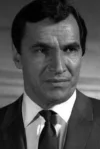
Mark Lenard
Balthazar
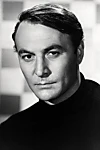
Robert Loggia
Joseph
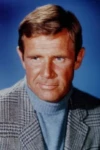
John Lupton
Speaker of Capernaum
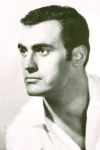
Peter Mann
Nathanael
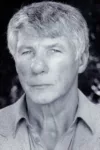
Tom Reese
Thomas
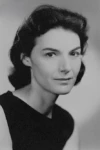
Marian Seldes
Herodias
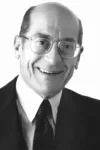
David Sheiner
James the Elder
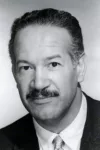
Frank Silvera
Caspar
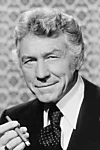
Joseph Sirola
Dumah
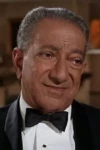
Abraham Sofaer
Joseph of Arimathaea
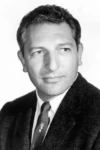
Harold J. Stone
Gen. Varus

Chet Stratton
Theophilus
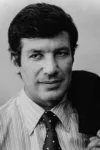
Michael Tolan
Lazarus

Ron Whelan
Annas
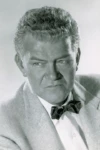
Jay C. Flippen
Drunken Soldier - Herod Antipas' Court
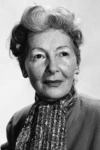
Celia Lovsky
Woman Behind Railings
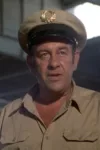
Joseph V. Perry
Archelaus
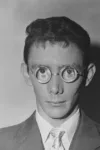
Marc Cavell
Bad Thief on Cross

Johnny Seven
Pilate's Aide

Dal Jenkins
Philip
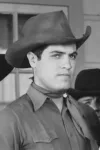
Henry Wills
Stunts Coordinator / Stunt Coordinator
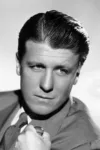
George Stevens
Screenplay / Director / Producer
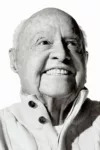
Lynn Stalmaster
Casting
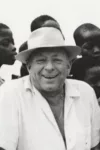
William C. Mellor
Director of Photography

George Stevens Jr.
Producer

William J. Creber
Production Design
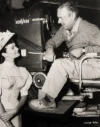
Loyal Griggs
Director of Photography

Vittorio Nino Novarese
Costume Design
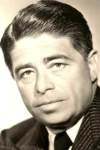
Alfred Newman
Original Music Composer

Harold F. Kress
Editor

J. Frank O'Neill
Editor

Richard Day
Art Direction

David S. Hall
Art Direction
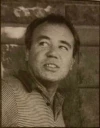
James Lee Barrett
Screenplay

Argyle Nelson Jr.
Editor

Johnny Hagner
Stunts
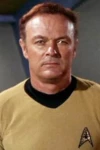
Paul Baxley
Second Unit Director / Stunt Coordinator

Jerry Gatlin
Stunts

John Epper
Stunts
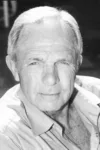
Loren Janes
Stunts

Norm Taylor
Stunts

Victor Paul
Stunts
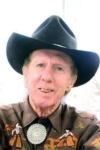
Neil Summers
Stunts

Bob Terhune
Stunt Double
Media.












Details.
Release DateApril 9, 1965
StatusReleased
Running Time3h 19m
Content RatingG
Budget$20,000,000
Box Office$15,500,000
Filming LocationsUtah · Arizona, United States
Genres
Last updated:
This Movie Is About.
Wiki.
The Greatest Story Ever Told is a 1965 American epic religious film that retells the Biblical account of Jesus of Nazareth, from the Nativity through to the Ascension. Produced and directed by George Stevens, the film features an ensemble cast and includes the final film performances of Claude Rains and Joseph Schildkraut.
The origins of The Greatest Story Ever Told trace back to a half-hour radio series in 1947, inspired by the four canonical Gospels. The series was later adapted into a 1949 novel by Fulton Oursler. In 1954, Twentieth Century Fox acquired the film rights to Oursler's novel, but development stalled for several years. In November 1958, Stevens joined the project, agreeing to write and direct. However, in September 1961, Fox withdrew due to concerns over the film's projected cost and its thematic similarities to King of Kings (1961), another religious biopic about Jesus.
A few months later, Stevens moved the project to United Artists. He opted to film in the Southwestern United States rather than the Middle East, and principal photography began on October 29, 1962. Filming fell behind schedule due to Stevens' meticulous shooting techniques, prompting David Lean and Jean Negulesco to assist with some sequences. Production concluded on August 1, 1963.
The film premiered at the Warner Cinerama Theatre in New York City on February 15, 1965, receiving a polarized response from critics. It was also a box office disappointment, earning $15.5 million against a $20 million budget. Despite this, it received five Academy Award nominations.
You May Also Like.
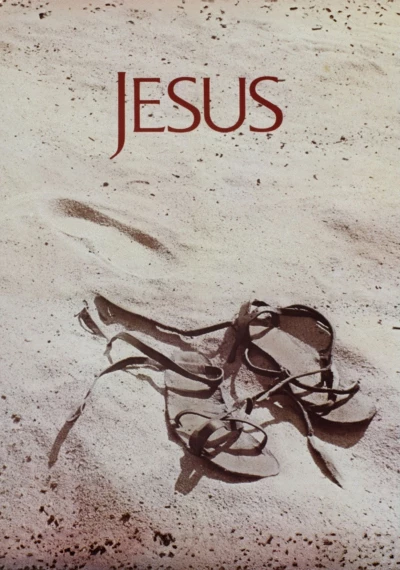
Jesus (1979)
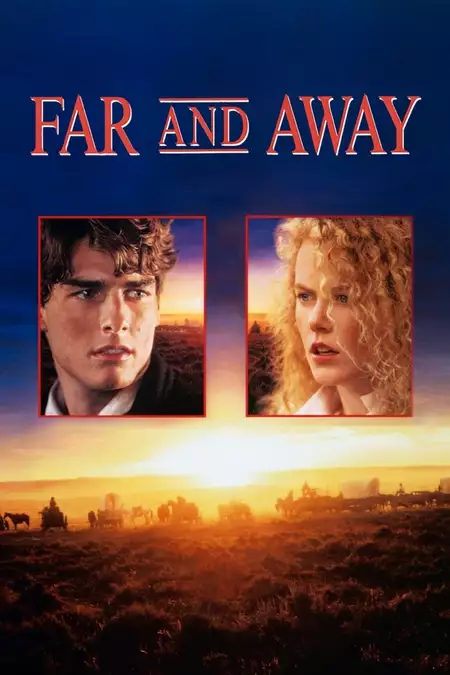
Far and Away (1992)

CJ7 (2008)
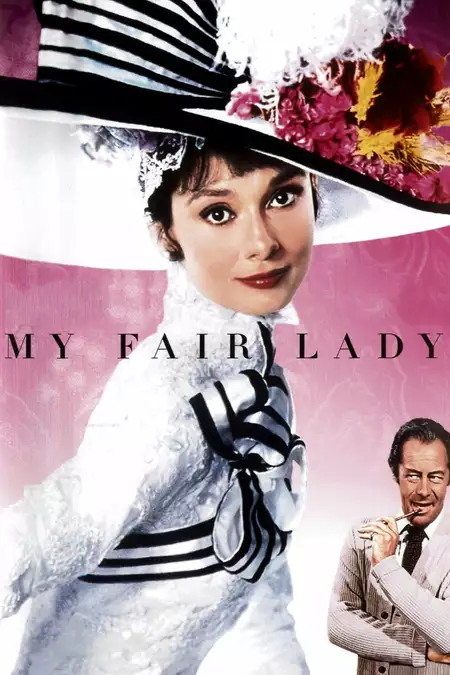
My Fair Lady (1964)
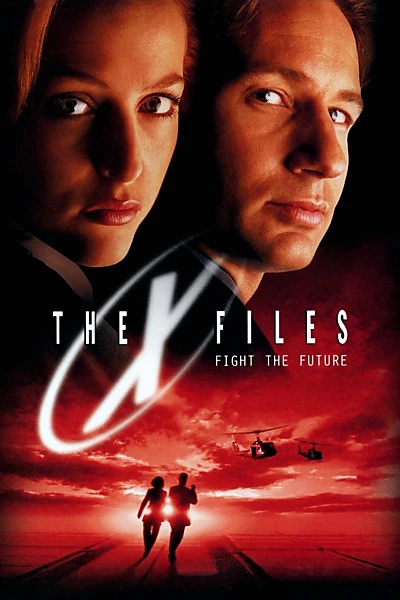
The X-Files (1998)
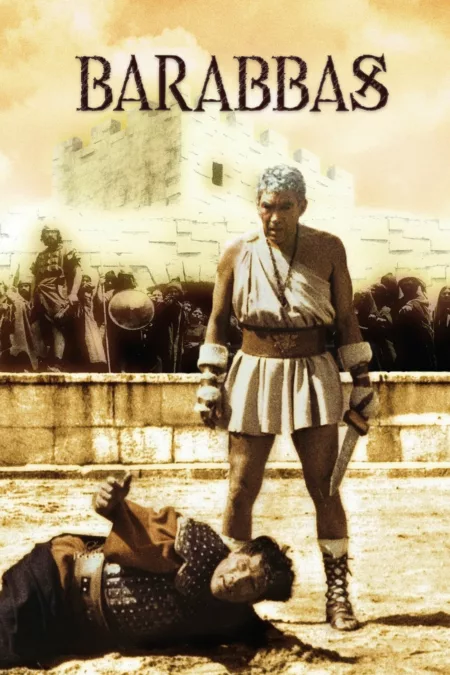
Barabbas (1961)
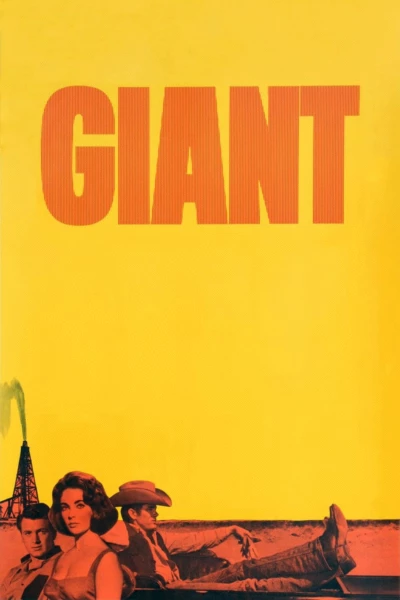
Giant (1956)
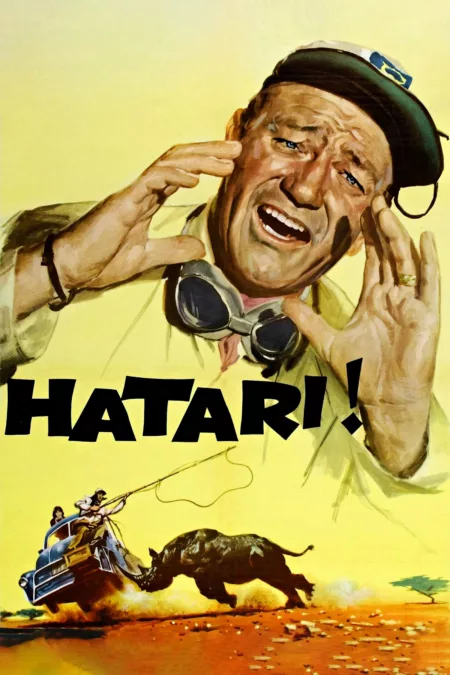
Hatari! (1962)
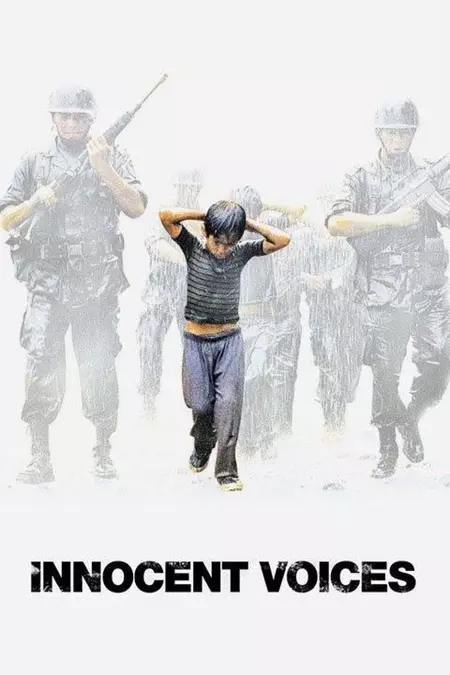
Innocent Voices (2005)
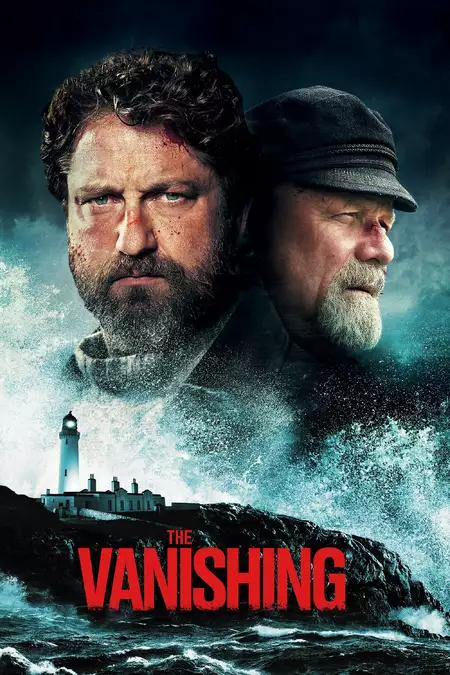
The Vanishing (2019)
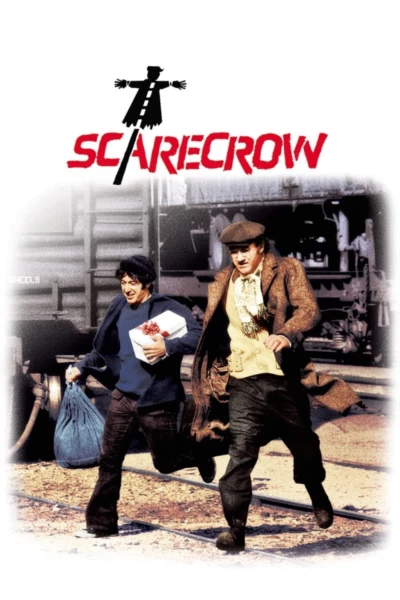
Scarecrow (1973)
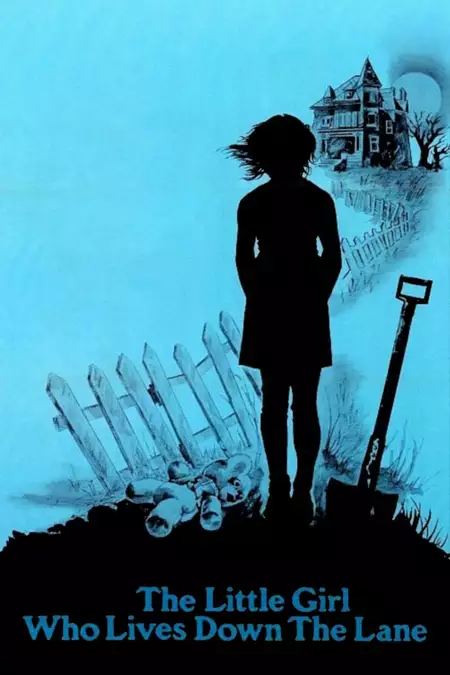
The Little Girl Who Lives Down the Lane (1976)
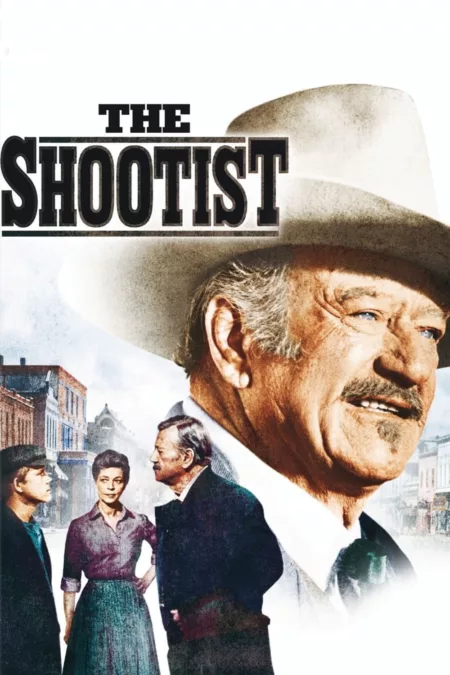
The Shootist (1976)
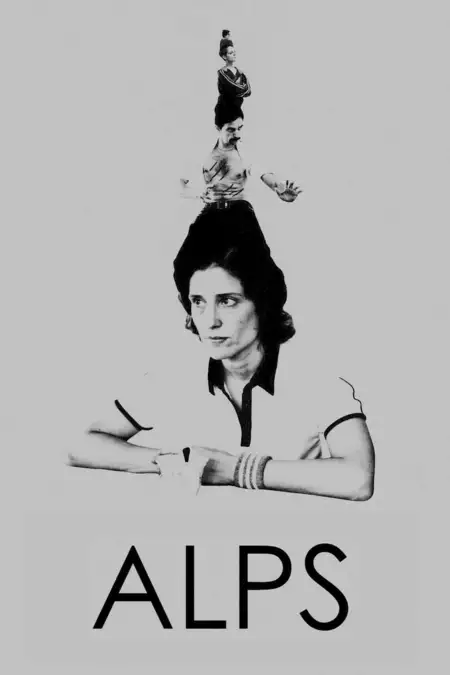
Alps (2011)
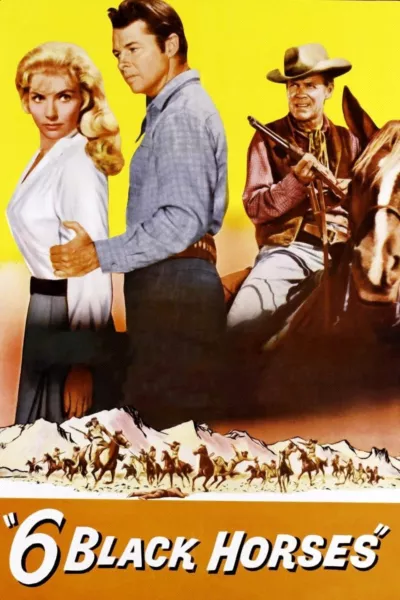
Six Black Horses (1962)
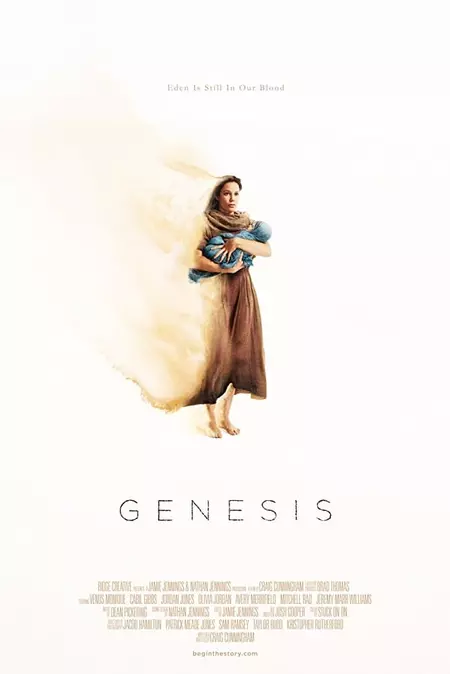
The Book of Genesis (2016)
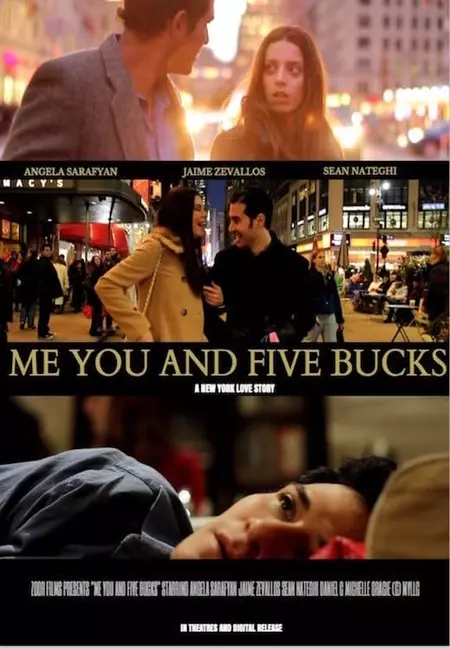
Me You and Five Bucks (2015)
